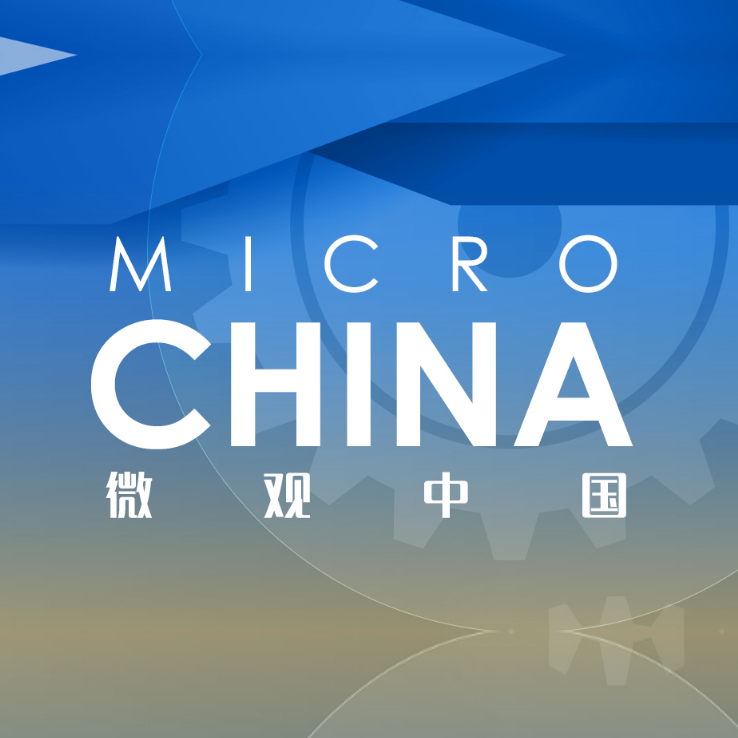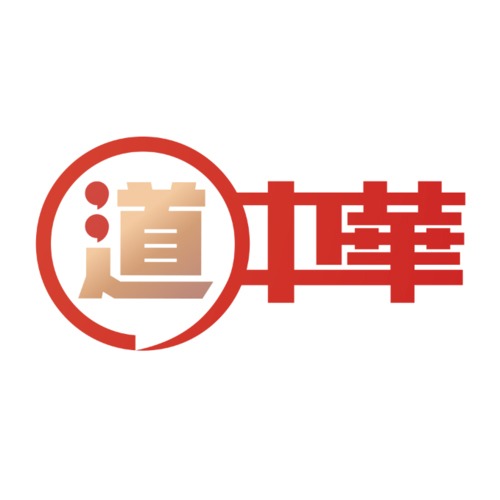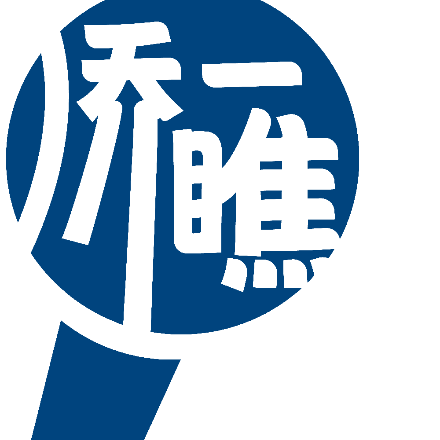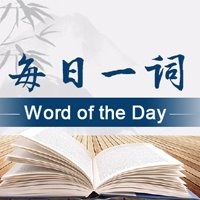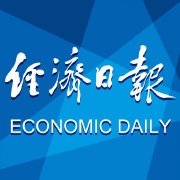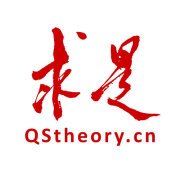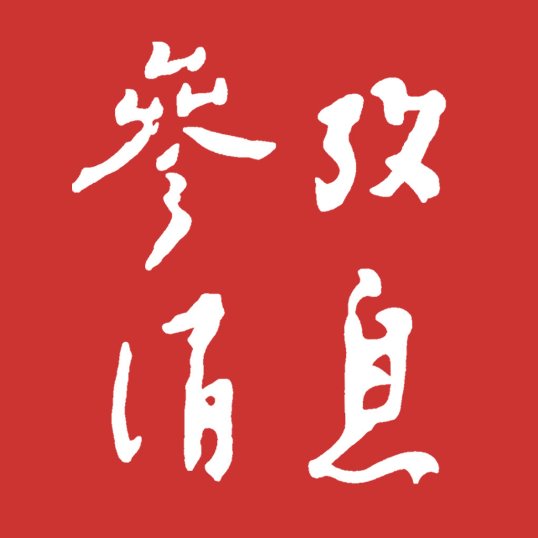雙語 | 印度學者:認清西方“雙標”本質,推進公平人權治理

導讀
西方國家曾在亞非拉地區(qū)進行殖民統(tǒng)治長達數百年,如今卻以自由、民主和人權的捍衛(wèi)者自居,鼓吹自身人權發(fā)展的優(yōu)越性,對中國等發(fā)展中國家的人權狀況指手畫腳。這充分暴露了其“雙標”本質。中國近年來提出的全球發(fā)展倡議、全球安全倡議和全球文明倡議在國際上得到廣泛贊同。應在此框架下,建立全球人權治理新架構,確保所有人都享有發(fā)展這項基本人權。
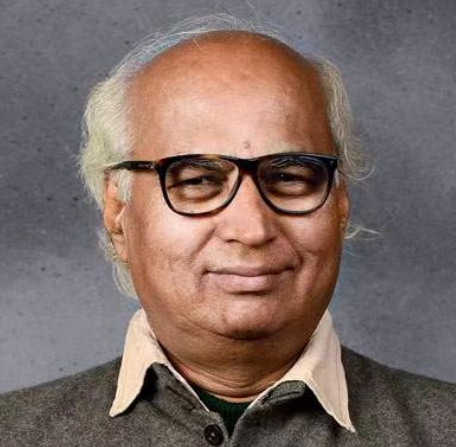
作者:蘇廷德拉·庫爾卡尼(Sudheendra Kulkarni)
印度前總理瓦杰帕伊顧問
印度智庫新南亞論壇創(chuàng)始人

在有關人權的辯論中,最重要的問題始終是:在人權問題上,西方國家究竟有什么資格對發(fā)展中國家指手畫腳?
The most important question to be asked in any debate on human rights is this: What right do the governments of Western nations have to lecture developing countries on human rights?
過去的幾個世紀里,這些前殖民大國奴役了亞洲、非洲和拉丁美洲的大量人口,他們?yōu)E殺、暴虐,犯下的罪行罄竹難書。不僅如此,他們還靠掠奪殖民地的資源來壯大自身。
These former colonial powers enslaved vast populations in Asia, Africa and Latin America in centuries gone by. They perpetrated unspeakable massacres, genocides and atrocities. They looted the resources of their colonies to fatten themselves.
然而,當幾十年前殖民主義時代終結,殖民帝國相繼瓦解后,西方國家竟仍假裝自己是自由、民主和人權的強力捍衛(wèi)者。近幾十年來,這些以美國為首的西方掠奪大國發(fā)動戰(zhàn)爭、煽動內戰(zhàn),在制造武器上浪費了數百億美元,殺害了成千上萬的無辜百姓,伊拉克、阿富汗、利比亞和敘利亞就是活生生的例子。然而,這些西方國家卻鼓吹人權,甚至對那些不聽從他們命令的國家實施非法制裁。
And yet, even after their empires crumbled and the era of colonialism ended decades ago, they continue to pretend they are the greatest defenders of freedom, democracy and human rights.
In recent decades, too, these predatory Western powers, led by the United States, have waged wars and ignited civil wars, wasted trillions of dollars on lethal weapons and killed tens of thousands of innocent people, with Iraq, Afghanistan, Libya and Syria being some recent examples. Yet they deliver sermons on human rights and even impose illegitimate sanctions on those countries that do not follow their diktats.
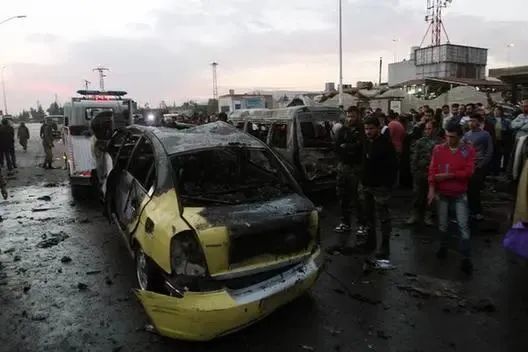
圖片來源:新華社
我最近在中國新疆旅行,這曾經是中國最不發(fā)達的地區(qū)之一,但如今,這里已經建起了完善的基礎設施,包括機場、高速公路、高鐵、學校、醫(yī)院、博物館和旅游設施等,其質量甚至比許多歐洲國家都要高。當地還有一些居于世界領先水平的太陽能、風能發(fā)電廠和制造業(yè)企業(yè)。即使是居住在農村地區(qū)的維吾爾族和其他少數民族,也享有良好的生活條件。
For example, I recently traveled extensively in China's Xinjiang Uygur autonomous region. It was once one of the less developed provincial regions of China. Today it has built physical and social infrastructure — airports, highways, high-speed trains, schools, hospitals, museums and tourism facilities — that are better than those in many European countries. It has some of the world's leading solar and wind energy farms and manufacturing units. The Uygurs and other ethnic groups, even in rural areas, enjoy good living conditions.
我在新疆親眼目睹的一切足以說明,西方關于中國“侵犯人權”的指責完全是謊言。事實上,中國用實踐證明,走以人為本的發(fā)展之路,保證各民族和諧相處,堅決打擊極端主義、恐怖主義、分裂主義“三股勢力”,是保障人權的最佳途徑。然而,西方國家專門針對新疆,指責中國“侵犯人權”,甚至對新疆的部分企業(yè)實施制裁。
In Xinjiang, I saw with my own eyes that the Western propaganda about violation of human rights is a complete lie. In fact, China is proving that people-oriented development, peaceful coexistence, harmonious integration of various ethnic communities and strong action against extremism, terrorism and separatism offer the best way to protect human rights. Yet Western nations have specifically targeted Xinjiang to accuse China of human rights violations and have even imposed sanctions on several companies located in Xinjiang.
為紀念1993年《維也納宣言和行動綱領》通過30周年,全球人權治理高端論壇于6月14日至15日在北京舉辦。在參加論壇的過程中,我腦海里充斥著對西方雙重標準的思考。這次論壇最重要的成果是,各國一致認為,人權的基礎是以人為中心的發(fā)展、普通百姓有尊嚴的生活水平,以及和平的社會關系。
Thoughts on the West's double standard filled my mind when I participated in the Forum on Global Human Rights Governance, which was held in Beijing on June 14 and 15. China hosted the conference to commemorate the 30th anniversary of the Vienna Declaration and Programme of Action of 1993. The most important outcome of this conference was the unanimous view that human-centric development, dignified living standards for ordinary people and peaceful social relations form the foundation for human rights.
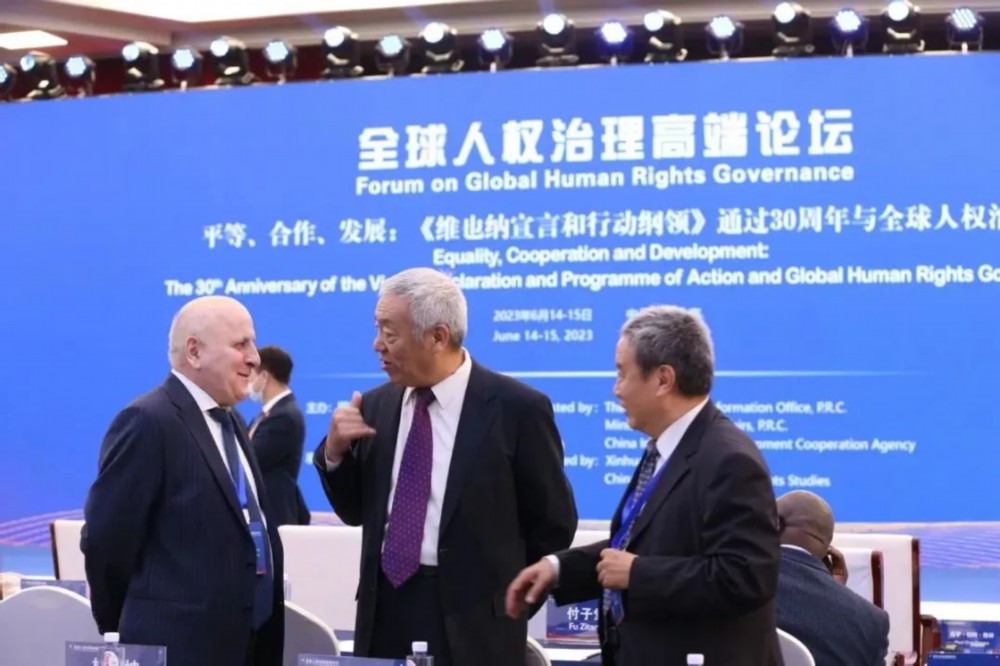
圖片來源:中國日報
《維也納宣言和行動綱領》肯定了人權的不可分割性、相互依賴性和相互關聯(lián)性,并將有利于全球大多數人口的公平發(fā)展問題置于人權討論的核心位置。例如,全球80億人口中只有15%生活在西方國家,這15%的人口對金融資源、媒體和全球治理機構的控制程度之高不成比例。剩下85%的人口生活在全球南方,即發(fā)展中國家、欠發(fā)達國家和新興經濟體。因此,人口正義原則要求少數群體不應否認多數群體的需求,不應壓制多數群體的愿望。
The Vienna Declaration and Programme of Action affirmed the indivisibility, interdependence and interrelatedness of human rights, and placed equitable development benefiting a majority of the global population at the very center of the human rights discourse. For example, only 15 percent of the global population of 8 billion live in Western countries. They have disproportionate control over financial resources, media and global governance institutions. The remaining 85 percent live in the Global South — developing countries, underdeveloped countries and emerging economies. Therefore, the principle of demographic justice demands that the minority not deny the needs and suppress the aspirations of the majority.
全球南方的大量人口被剝奪了基本人權,他們仍然遭受著貧困,以及緩慢、不充分和不平衡的發(fā)展所帶來的多種負面影響。人口的發(fā)展和安全得不到保障,其直接后果惡劣而廣泛,比如童工和兒童教育不足;家庭破裂,養(yǎng)老問題和城市貧民窟激增;衛(wèi)生設施和醫(yī)療保健難以保障,甚至無法獲取潔凈的水資源;殘疾人口越來越多,失業(yè)群體增長,性交易泛濫,婦女、少數民族和其他邊緣化群體得不到公正對待;對新冠肺炎等大流行病難以抵御,以及難民的大規(guī)模移徙等等。
Large populations in the Global South are deprived of their basic human rights because they are still suffering from poverty and various manifestations of slow, inadequate and unbalanced development. Child labor and impairments in children's education; disintegration of families, problems faced by senior citizens and proliferation of urban slums; poor access to clean water, sanitation and healthcare; large numbers of disabled people, unemployment, sex trafficking and denial of justice to women, minorities and other marginalized communities; and vulnerability to pandemics such as COVID-19 and large-scale migration of refugees are among the direct outcomes of a situation in which neither development nor security is guaranteed to the populations of the Global South.
在此背景下,我們更應重視習近平主席提出的全球發(fā)展倡議、全球安全倡議和全球文明倡議。這三個倡議相互關聯(lián)、相互支持。尤其是全球發(fā)展倡議的提出,引起了國際社會對加強全球發(fā)展伙伴關系與合作的關注,也為實現聯(lián)合國2030年可持續(xù)發(fā)展目標注入了新動力。具體而言,該倡議敦促在減貧、糧食安全、抗疫和疫苗、發(fā)展籌資、氣候變化和綠色發(fā)展、工業(yè)化、數字經濟和互聯(lián)互通等8個關鍵領域推進國際合作。我們可以公正客觀地看到,這些領域的合作不僅有利于發(fā)展中國家的人民,而是發(fā)展中國家和發(fā)達國家的雙贏。
It is against this background that we should view the three important initiatives proposed recently by President Xi Jinping — the Global Development Initiative, Global Security Initiative and Global Civilization Initiative. All three initiatives are interrelated and mutually supportive. In particular, the Global Development Initiative has galvanized worldwide attention to strengthening global development partnerships and cooperation, and has given fresh impetus to efforts to realize the United Nations' 2030 Sustainable Development Goals. Specifically, the initiative urges international cooperation in eight critical areas: poverty alleviation, food security, COVID-19 and vaccines, financing for development, climate change and green development, industrialization, the digital economy and connectivity. Any unbiased person can see that cooperation in these areas benefits not only the people in the developing world, but also constitutes a win-win for both the developing and developed countries.
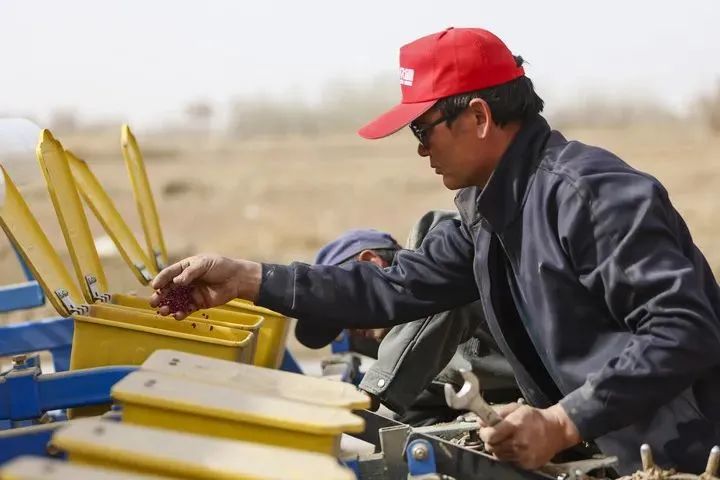
圖片來源:新華社
發(fā)展是一項基本人權。我們如何確保所有人都享有這項權利?為了回答這個問題,我在論壇上提出了六點想法。
Development is a fundamental human right. How can we secure this right for all people? As an answer to this question, I presented six ideas at the Beijing Forum.
第一,國際社會必須重申,全球所有人民的全面發(fā)展,即經濟、社會、文化、智力、精神和生態(tài)發(fā)展,既是人類的一項基本需要,也是一項不可剝奪的人權。
First, the world community must reiterate that holistic development for all people on the planet — that is, economic, social, cultural, intellectual, spiritual and ecological development — is both a fundamental human need and an inalienable human right.
第二,應普遍認識到,貧窮和發(fā)展不足是最嚴重侵犯人權的行為之一。因此,國際社會必須把在全世界消滅貧窮、實現公平發(fā)展作為最高優(yōu)先事項。同樣,戰(zhàn)爭和暴力沖突也是侵犯人權的典型行為。因此,必須堅決反對和制止軍國主義和軍備競賽,建立可靠的新機制來和平、公正地解決爭端。“強權即公理”的叢林法則必須被扔進歷史的垃圾箱。
Second, there should be universal recognition that poverty and lack of development are among the greatest violators of human rights. Therefore, the eradication of poverty and equitable development worldwide must be made the highest priority by the international community. Similarly, wars and violent conflicts are also among the greatest violators of human rights. Therefore, militarism and an arms race must be strongly opposed and ended. The world should have reliable new mechanisms for peaceful and just resolution of disputes. The jungle principle of "might is right" must be thrown into the dustbin of history.
第三,應尊重宗教、文化、語言、文明傳統(tǒng)的多樣性,尊重各國人民根據自身不同歷史進程選擇的政治制度和治理制度。不應認為某些傳統(tǒng)和制度天然具有優(yōu)越性,進而將其強加于人。
Third, the diversity of religion, culture, language and civilizational traditions, as well as people's choice of political and governance systems as per their specific historical journeys, should be respected. No attempt should be made to enforce uniformity on others, in the belief that certain traditions and systems are inherently superior.

圖片來源:新華社
第四,沒有十全十美的發(fā)展和治理制度和模式。因此各國需要相互借鑒,不斷完善自身的發(fā)展模式和治理模式。
Fourth, no system or model of development and governance is entirely perfect. Therefore, there is a need for mutual learning to constantly improve national development paradigms and governance models.
第五,絕不允許任何國家或國家集團在世界其他地區(qū)建立霸權或統(tǒng)治。因此,對于西方國家通過非法制裁、經濟“脫鉤”和建立新的軍事集團來分裂世界,遏制發(fā)展中國家崛起的圖謀,我們必須堅決抵制。
Fifth, no country or set of countries should be permitted to establish their hegemony or domination over the rest of the world. Therefore, the West's attempts to contain the inevitable rise of developing countries through illegal sanctions, decoupling of economies and division of the world through creation of new military blocs must be strongly opposed.
第六,全球人權治理新架構應充分體現全球民主治理新體系的需要。比如,應按照球民主原則對聯(lián)合國系統(tǒng)進行徹底改革,所有國家不論大小,不分貧富,均應一視同仁。
Sixth, the much-needed new architecture for global human rights governance should fully reflect the need for a new system of democratic global governance. This includes radical reform of the UN system, which should adhere to the principles of global democracy, in which all countries are regarded as equal, regardless of their size or economic ranking.
朝著公平的全球人權治理前進的步伐已然邁出,勢不可擋。
The march toward fair global human rights governance has begun. It is unstoppable.

圖片來源:中國日報
本文原標題為 "Advance of fair human rights governance upstoppable"
責編 | 宋平 欒瑞英
編輯 | 張釗
實習生莊舒涵、秦迦勒、馮小源、何若溪亦有貢獻
- 【世界說】外媒:美國聯(lián)邦債務持續(xù)以創(chuàng)紀錄的速度積累 趨勢嚴峻令人擔憂
- 【世界說】美媒:美國槍支外溢殃及近鄰 加劇拉美及加勒比地區(qū)沖突和人道危機
- 【世界說】中國的崛起不再符合美國的利益?美經濟學家杰弗里·薩克斯:這種看法幼稚且錯誤!
- 【世界說】中國為何拒絕西式霸權?新加坡前外長楊榮文:這是骨子里和文化中的本性
- 【世界說】瑞典媒體:歐盟美國正在輸掉電池競爭!與其打壓中國,不如從自身找問題
- 【世界說】“合則強,孤則弱” 中美科技合作惠及世界,“小院高墻”絕非良策
- 【世界說】全球知名投資人吉姆·羅杰斯:貿易戰(zhàn)沒有贏家 攜手共進,互利合作才是中美正確相處之道
- 【世界說】“保護主義”無益世界和平與發(fā)展 國際社會呼吁以合作共同應對挑戰(zhàn)
- 國防部反問美國心里沒點數嗎
- 意外降息25個基點!韓國央行下調明年CPI和GDP增速預期
- 確保農地農用!多部門部署:堅決防止“大棚房”問題回潮反彈
- 斯洛文尼亞農業(yè)、林業(yè)和食品部部長:期待與中國在農業(yè)領域進一步合作
- 2024年版國家醫(yī)保藥品目錄出爐,新增91種藥品
- 體驗服飾、學禮儀!國際旅行商在福州感受畬族文化
- 從“沙進人退”到“人沙和諧”!塔克拉瑪干沙漠實現鎖邊“合龍”
- 違法和不良信息舉報
- 互聯(lián)網新聞信息服務許可證10120170006
- 信息網絡傳播視聽節(jié)目許可證0108263號
- 京公網安備11010502032503號
- 京網文[2011]0283-097號
- 京ICP備13028878號-6












